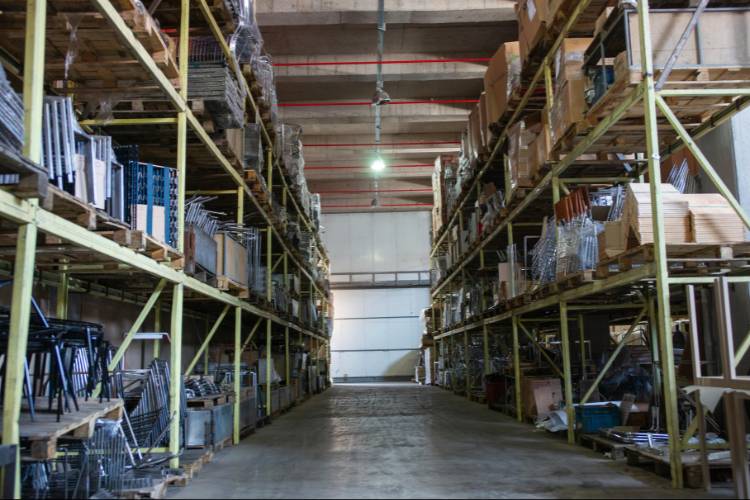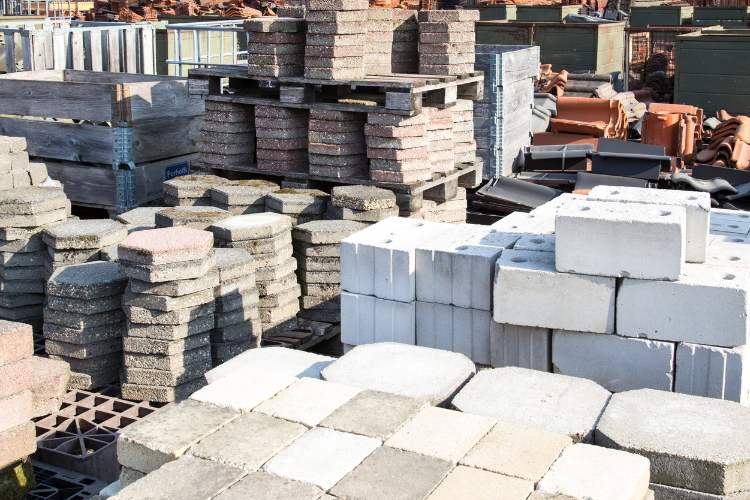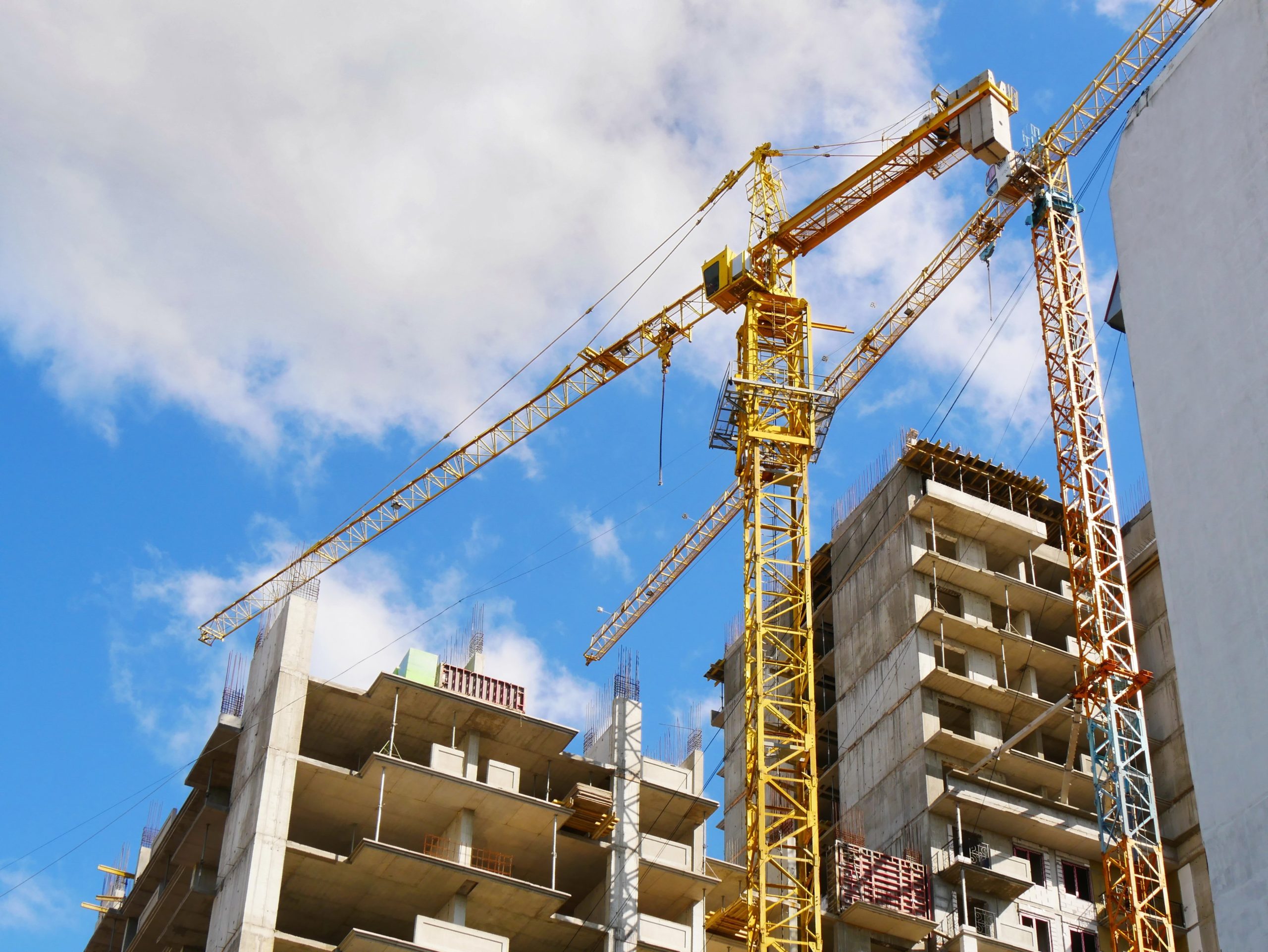We’ve discussed on our blog how coronavirus has impacted GC’s, contractors, and subcontractors. But what about suppliers? We sat down for a Q&A with JC Shore, Managing Director of Ensemble by CED Greentech™ to get a better understanding of how this virus has impacted manufacturing and communications with contractors. JC dives into what supplier’s expectations are and how contractors and suppliers can work together to combat these challenging times.
Table of Contents
- How often are you communicating with your manufacturers or customers, and how important is communication at this time?
- Are there ways contractors can be helpful to your business during this time?
- How are you communicating major updates to contractors and other partners?
- Do you have any tough love advice for contractors or other suppliers during this time?
- How much do you prefer cash payments over other forms of payment from contractors during this time?
- What you can do as a contractor?
How often are you communicating with your manufacturers or customers, and how important is communication at this time?
We are communicating more now than ever. As a distributor to thousands of contractors across the country, it’s imperative that we continue supporting them through whatever means necessary. Traditionally with CED, support means more than taking project based orders; it means actually helping and advising our contractors across multiple dimensions of their business. While their needs can certainly vary at a time like this, it’s an understood condition of employment at CED that we pick up the phones, engage, and provide genuine help. Despite the vast geographies we cover, and in many cases the temporarily remote nature of the support being provided, I’m hearing story after story that speaks to the heart of who we are, and it makes a difference for our customers not just now, but in the long run too.
On the manufacturer side, a lot of the systematic advantages in place today (for example, the ability to maintain steady supplies during an otherwise disruptive time) have been developed through ample communication and planning with our strategic suppliers. As you’d probably imagine during a time like this, the focus on this communication and planning continues, and the ability to support our network of customers remains because of it.
Are there ways contractors can be helpful to your business during this time?
As always, the most helpful thing our customers can do is communicate with us, and be forthcoming about their needs. To truly support our customers, we need to understand their strengths and weaknesses – those situations in which they struggle vs. the cases where they crush it. Oftentimes, it’s difficult for a contractor to take the time for that critical self-evaluation, and it’s not considered fun to talk about their challenges with their business partners. Maybe it’s a lack of discipline in the routine, or perhaps it’s just the human desire to avoid vulnerability. Interestingly however, it’s precisely that discipline and that vulnerability that tells us we have a thoughtful partner that needs help.
I’m not sure the answer to the question changes during times like this vs. a normal business environment, but I suppose our customers are generally more inclined to have these discussions with us during a time like this, when it’s not a secret that most businesses need the help. And when we have the conversations early enough, we can oftentimes develop a plan that takes the partnership to the next level.
How are you communicating major updates to contractors and other partners?
This has become pretty vital as of late, as people on both sides of the counter are looking for the latest information. We’re seeing a frenzied pace of change with various legal orders, permitting jurisdictions, and processing limitations.
We’re seeing a tremendous amount of resilience and innovation happen both with the contractors and through our stores in the field. As best practices are tested and successful, the word tends to get out pretty quickly. We’re seeing a lot of cooperation in resource sharing in order to better support our customers and provide them with the resources we’re developing in real-time.
Do you have any tough love advice for contractors or other suppliers during this time?
We hear a lot of talk about protecting the employees and their families, which makes perfect sense. We don’t, however, hear enough about protecting the business, which seems like one of the best ways to protect the employees in the long term. That means a team, or depending on the size of the business perhaps just the owner, taking significant time right now, to plan ahead by modeling various factors (e.g. sales pipeline, project backlog, equipment forecasts and inventory, staffing, cashflow) across two dimensions: outcomes (likely scenario, best case, worst case) and timeframes (next 2 weeks, next two quarters, next two years). The exercise, while difficult when based on so many unknown assumptions, still provides considerable value by establishing some guardrails and helping the installer avoid both impulsive decisions and indecision.
How much do you prefer cash payments over other forms of payment from contractors during this time?
I don’t think there’s ever been a day in our 60-year history where we’ve not taken a liking to cash, so of course, today is no different. But that goes both ways and I really see it as good news. Our company was built on a foundation to endure, and that means engaging with our customers in a thoughtful manner and with a disciplined approach. Discipline means frequent two-way communication between us and our customer to develop and refine plans, and then a continuous and bilateral improvement in the ongoing execution of that plan. Life happens, and when both sides have effectively planned, the rules of the game aren’t changed mid-stream. A core competency of distribution has been and will always be, the ability to support some of the cash flow needs caused by timing differences between a contractor’s incurred expense and their payment for services. We’ve been at the leading edge of innovative solutions in this regard, and I don’t see us pausing now for any reason.
What you can do as a contractor?
Communication and proactive planning are the best ways to handle the current situation our industry is in. Billd is here as a strategic partner for you to help smooth out your cash flow and minimize your credit risk. We’ve created a payment solution pays you upfront, on behalf of your customers, for materials purchased for commercial jobs, and provides your customers with the funds they need to move quickly.






